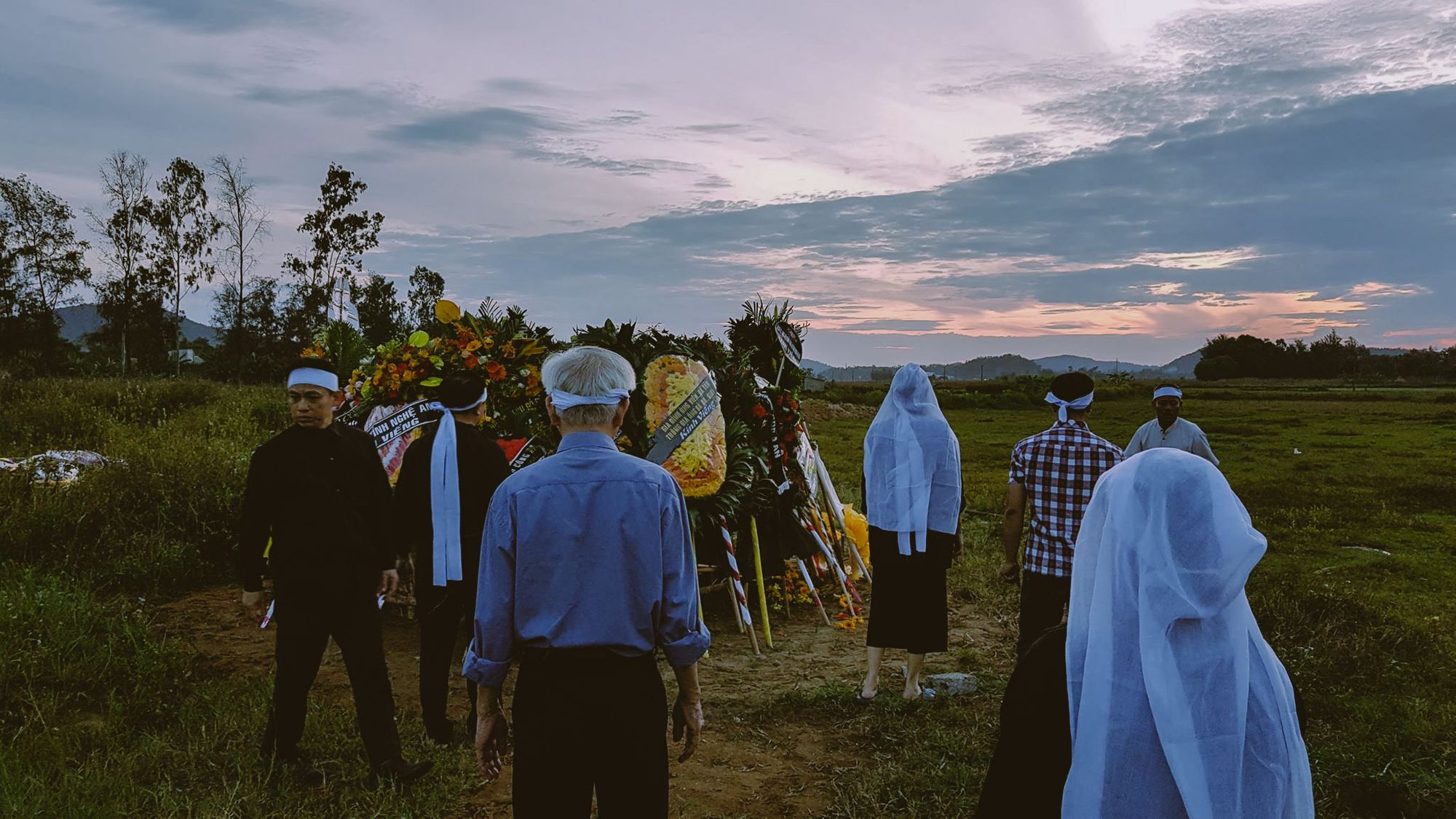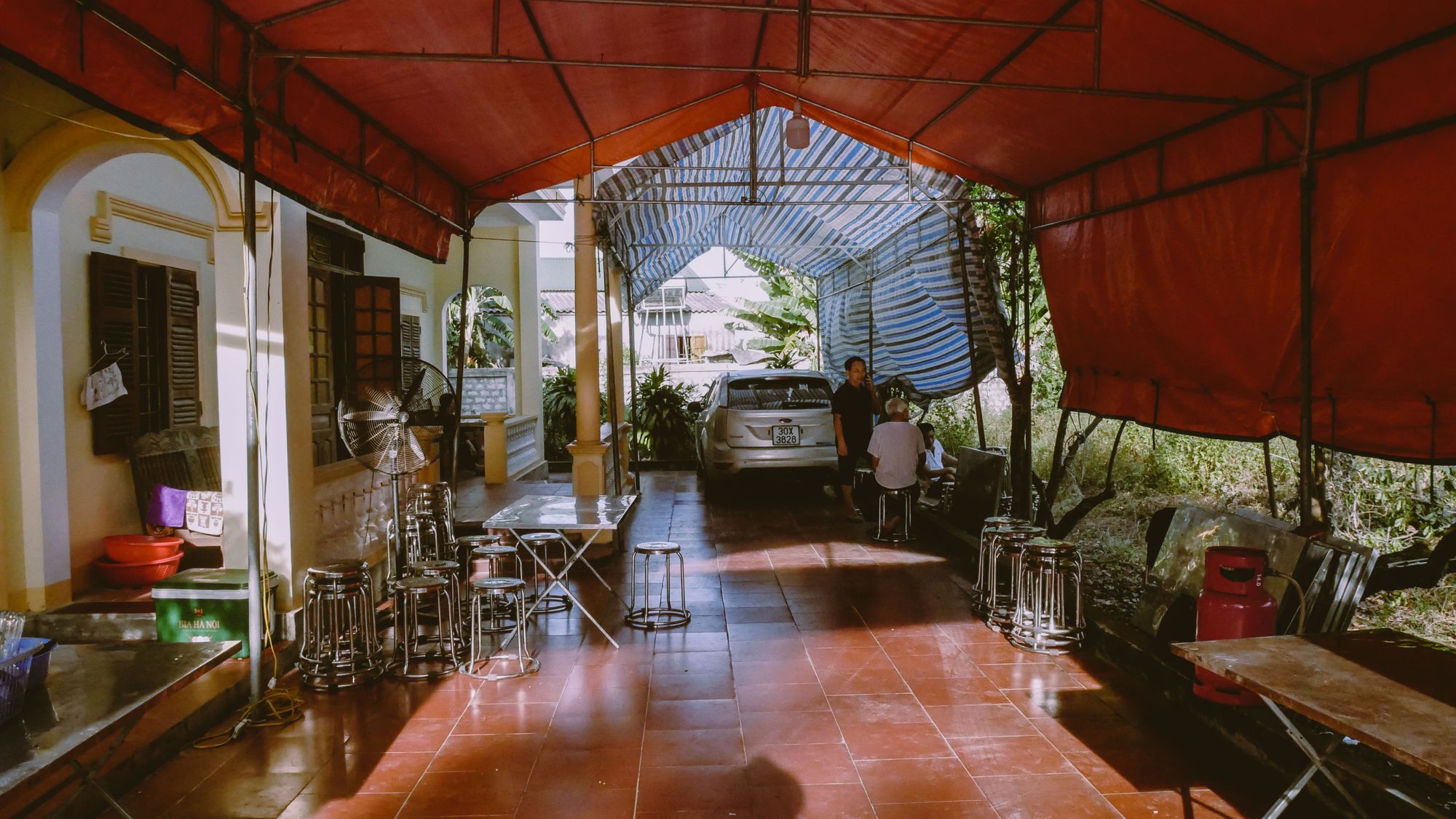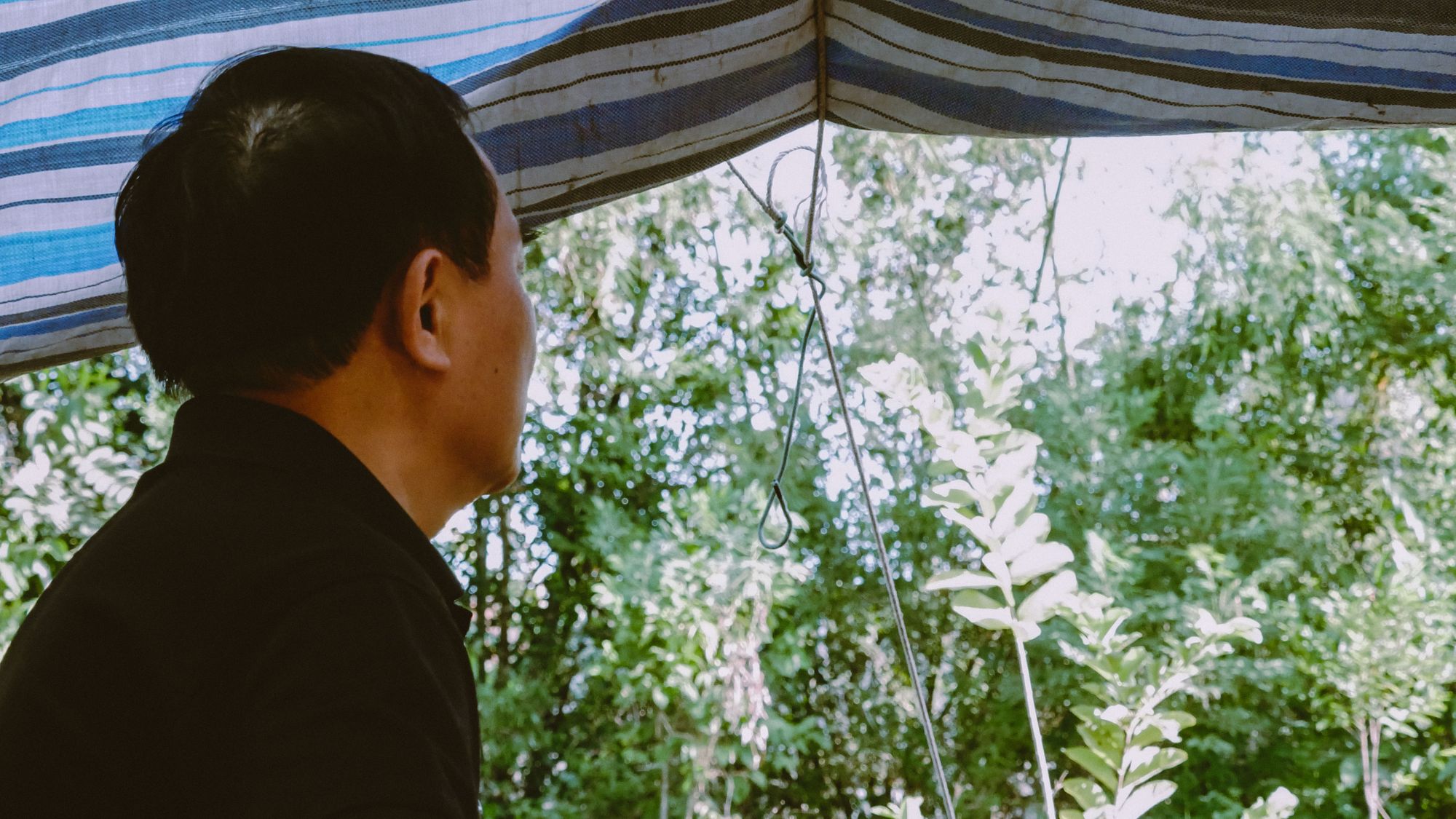Grief, together, alone.

My grandmother passed away.
The whole ceremony, wrapped in the length of three days, felt like quicksand. We released ourselves into a whirlwind of rituals, frantically haring through the must-dos as the scorching heat of mid-summer punching at our skin pores. Wary of accidents and troubles, we leaned awkwardly on the formality and seriousness of the provincial customs—short-sighted from the haziness of our feelings.
In Vietnam, for the most part, funerals are intentional and elaborate performances of outwardly materialized grief. As a nod of respect to the death, they are typically well-curated, following a culturally and religiously determined pattern of movements down to the smallest details: the number of steps and bows, the words to convey your pain, and even the right moments to cry—all in the hope for the death to cross over and the living can continue to live peacefully.
For a family like us whose members enjoy wandering off on their own, this procedural solemnity, by a good fortune, pulled together our scattered shadows: a consolation that for at least once in our lifetime, we know what to do—together.
But only until the ceremony ended.
Grief, after that, returned to be a personal matter.

Till this moment of writing, her disappearance feels like anything but an absolute to me. The absence of trouble and pain on my part with regards to her death—and the heightened consciousness of feeling what I am feeling by mean of not feeling anything—feels like an inopportune vacation from duty. Emotional duty, of course. The corporeal part had conveniently been scripted.
As a compromise, I default to characterize her disappearance in relation to my dad (which is possibly the most grief-friendly way that I could think of at the moment): the three times that my dad cried during the ceremonies, the silence that engulfs each of his breath, the stillness of his body during every break, and how, in a moment of an awkward, tardy intimacy, he rushed to press his forehead against mine.

Feeling the hardness of his skull, I have never seen more clearly the finitude of the expressible part of our love.
And so, while my family grieve for the loss of my grandmother, while my dad learned to accept his motherly absence at the age of sixty-two, I grieve for the attachment that I have lost to my grandmother, the connection to the land that my dad grew up in and the land that I had left ten years ago; for the seemingly permanence of this detachment and the dissipation of any forms of guilt on my part; for no matter how much I wish, our love stops at the hardness of our skulls.
Grief tastes so peacefully sweet.

As I was standing behind my dad in front of her altar throughout most of the ceremonies, I could not look at my grandmother's picture. All I could was looking at the back of my dad, his head and his shoulder, following each of his bows and prays and trembles.
I felt the terror of my own intention to leave him and everyone here.
-Nam.